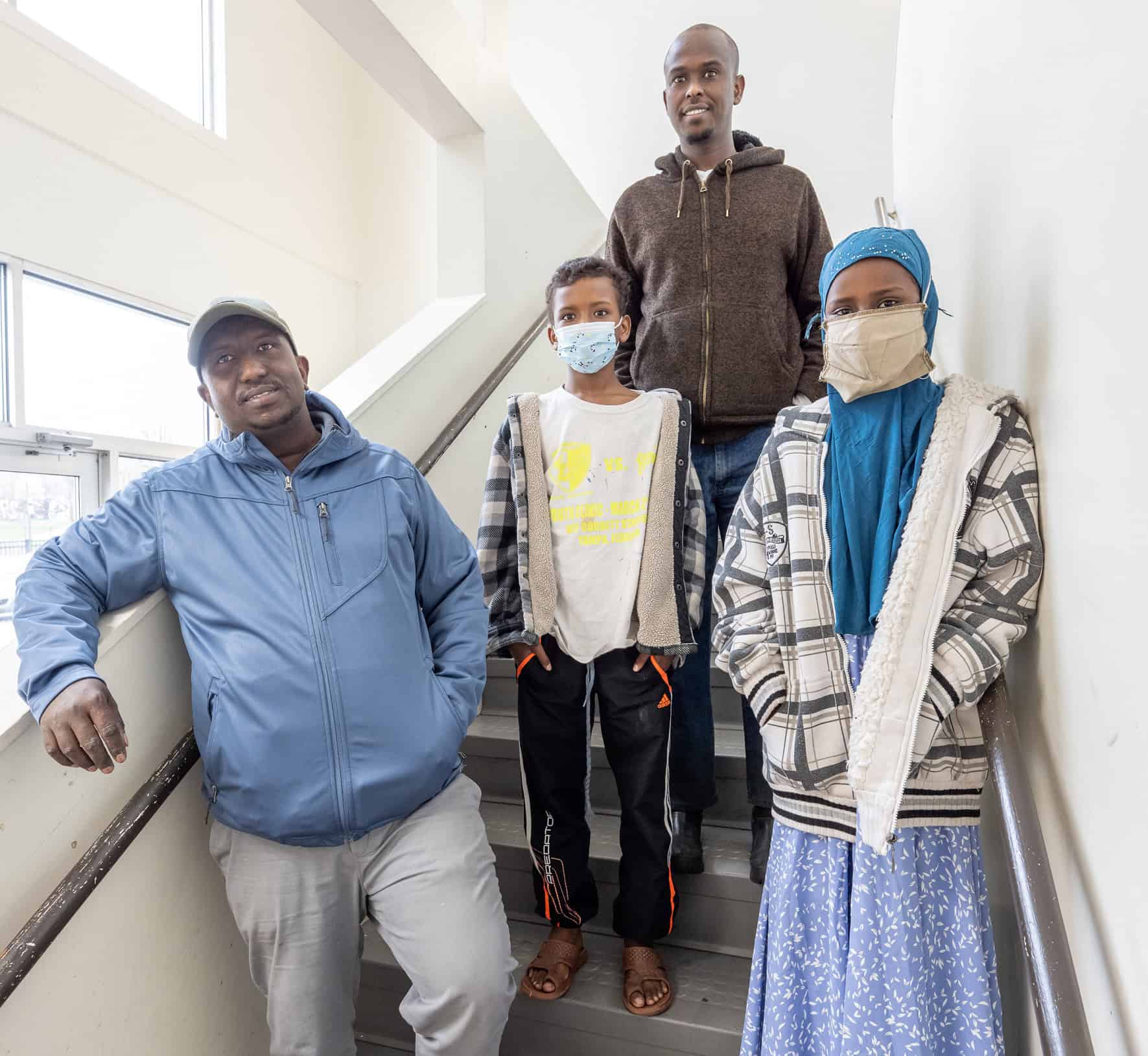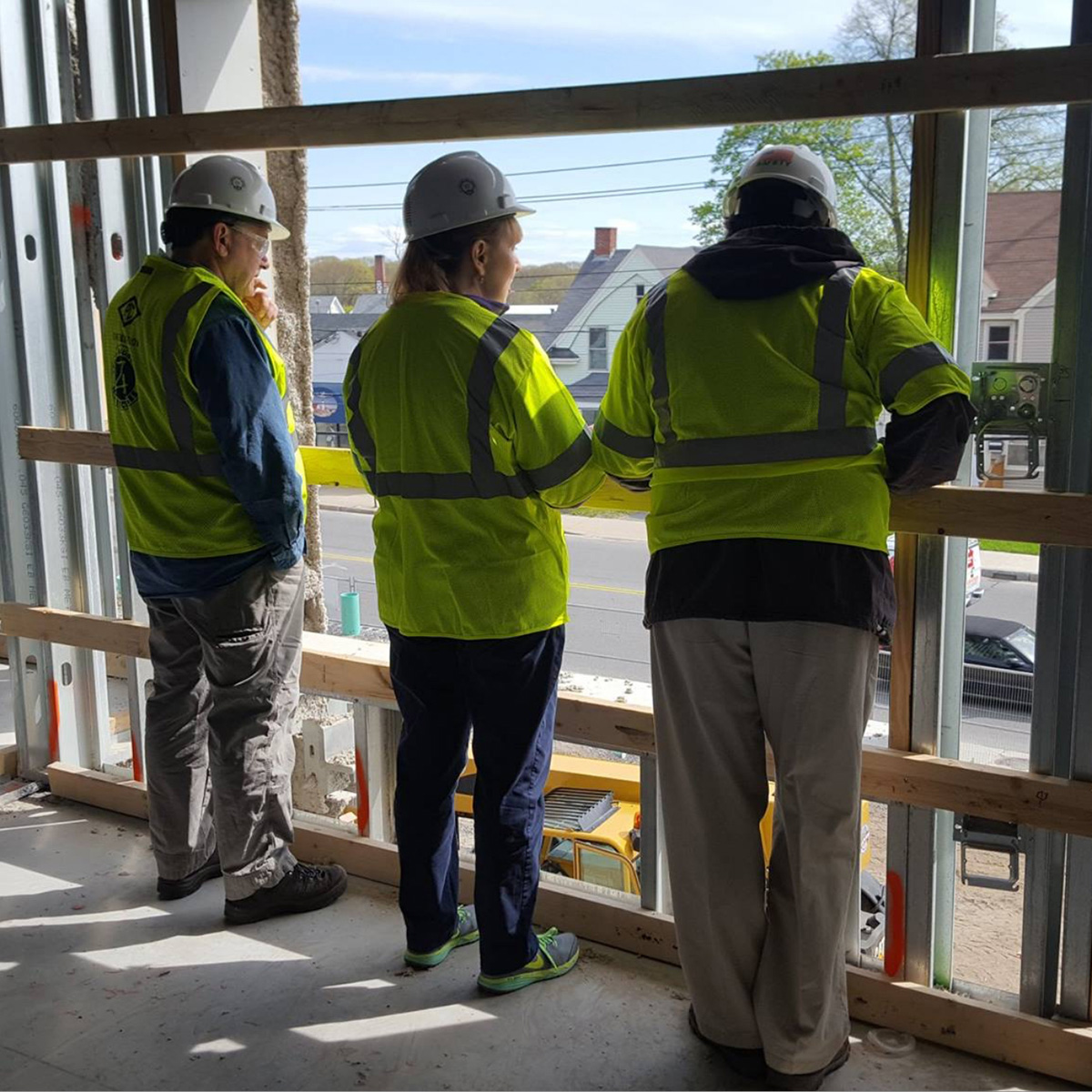
Genesis Offers Muslim Borrowers a Path to Ownership by Filling a Gap in the Lending Market
For aspiring business owners like Yassin Moussa of Lewiston, Maine, acquiring a loan is often a critical step in embarking on a new enterprise. But for Yassin and others who practice the Islamic faith, the process can be complicated.
Many Muslim borrowers are prohibited by their faith practice from paying interest to borrow funds. Most traditional lenders have been unable to modify conventional lending to accommodate non-interest-based lending models.
The Genesis Fund looks to fill gaps in the lending market that will increase access to capital for disadvantaged communities, while also demonstrating models that can be picked up by traditional capital sources.
To help bridge the gap for Muslim borrowers, the Genesis Fund developed a flexible lending product with a fee-based loan structure to accommodate this prohibition on paying interest, while implementing a framework that works for both the lender and the borrower. With this model, borrowers like Yassin are able to make significant capital investments while abiding by the principles of their religious faith.
For Yassin, fee-based lending enabled him to purchase multiple apartment buildings in Lewiston, often renting to new Maine residents whose journeys mirror his as refugees forced to flee political violence.
The Genesis Fund’s fee-based loan allowed Yassin to provide six units of affordable housing and a first-floor commercial space, which he hopes to offer as a childcare facility. In addition, it provides Yassin with a further anchor in Lewiston.
“I have built a home here—many homes—for myself, for my family, for others in my community,” he said. “I have been able to do this while staying true to my faith. I am proud, and grateful.”
Offering a religiously compliant fee-based loan product to Muslim borrowers allows the Genesis Fund to reach deeper into the diverse communities we serve, and deliver on our mission by providing a way for aspiring entrepreneurs to gain equity and build wealth for themselves, while also creating community assets.

